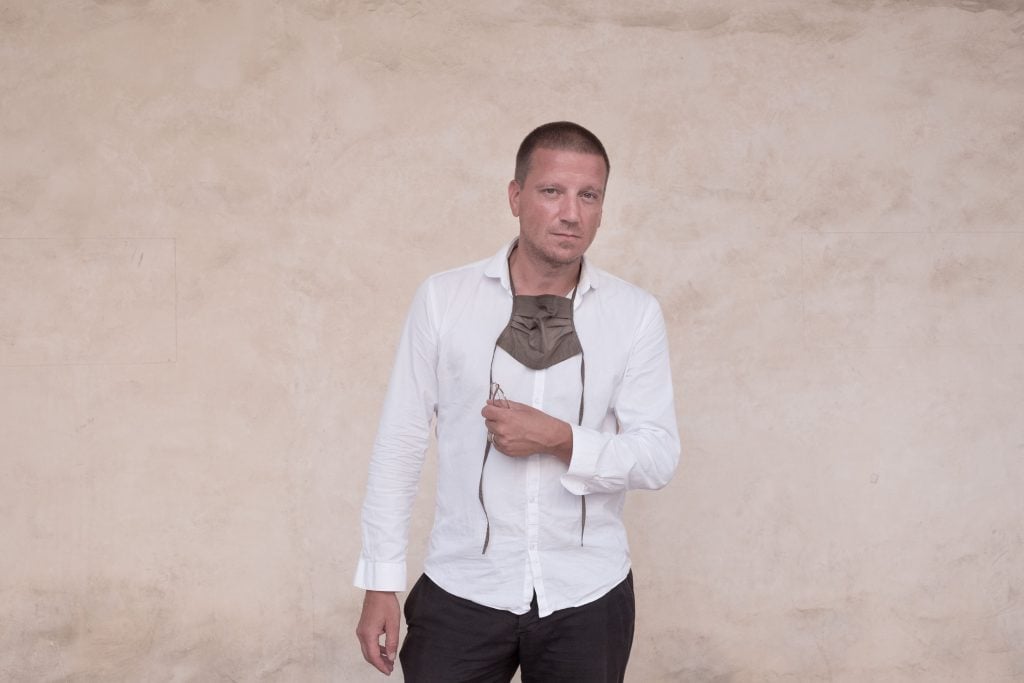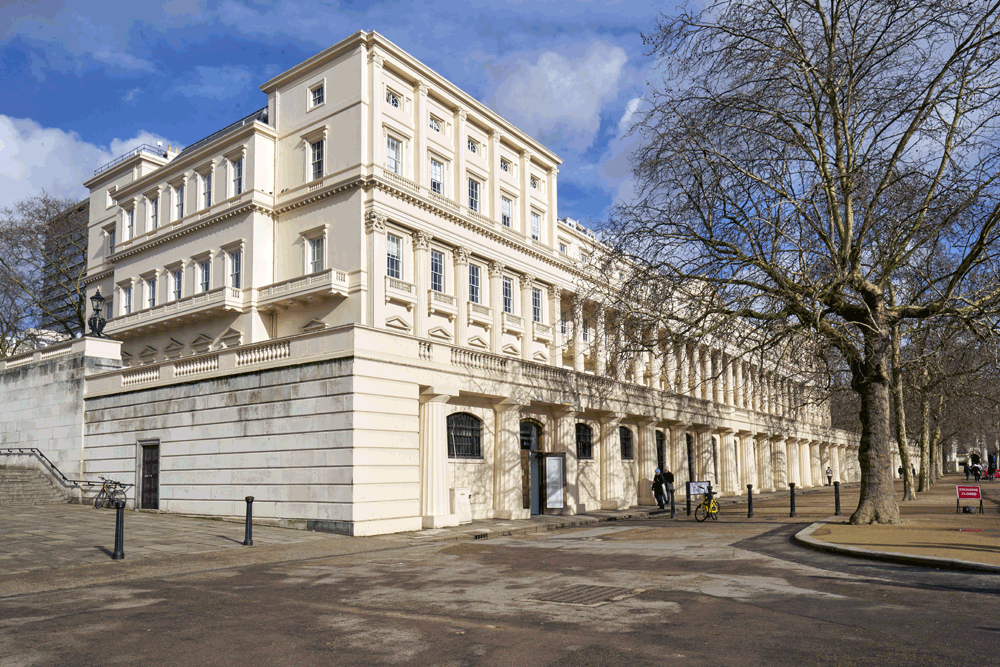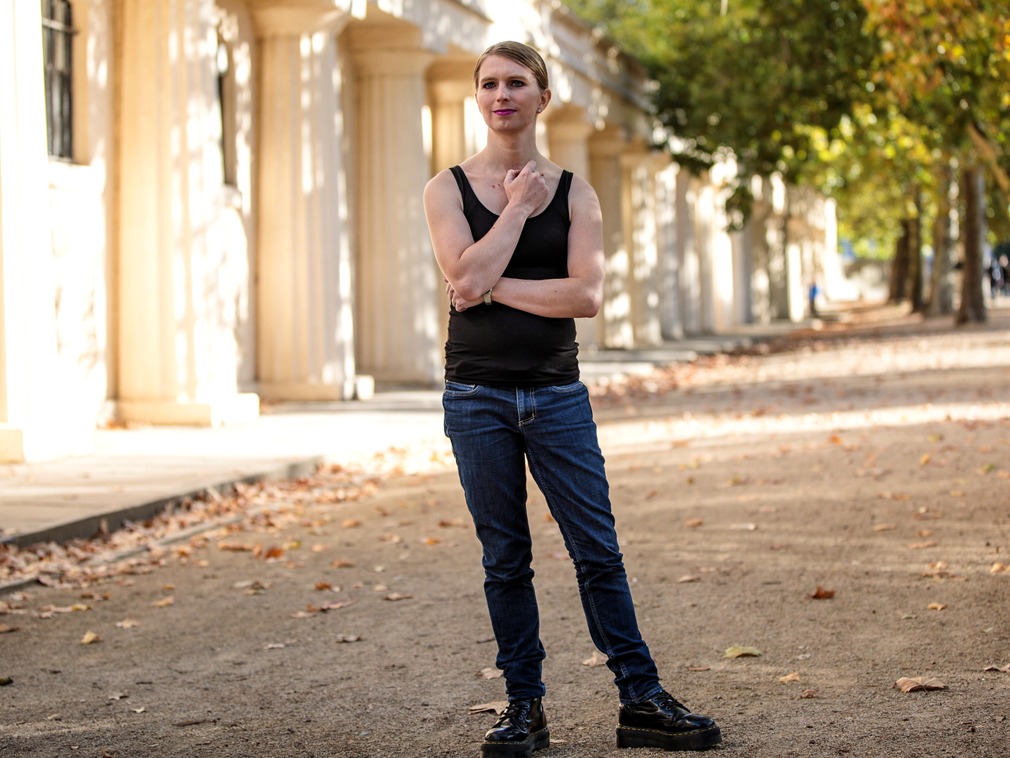Museums & Institutions
ICA London Director Stefan Kalmár on How British Politics—and Right-Wing Attacks—Sparked His Departure From the Museum
Kalmár says the drumbeat of Brexit and the explosive rise of racism in its wake have left him no choice.

Kalmár says the drumbeat of Brexit and the explosive rise of racism in its wake have left him no choice.

Stefan Kalmár, the first-ever non-British head of the Institute of Contemporary Arts in London, is stepping down from the role after five years.
Kalmár, who said there should be fixed term limits for museum heads, said he was also leaving over concerns of the effects of Brexit, and increased government oversight at museums.
“What’s happening in the U.K. is worrying,” Kalmár told Artnet News. “The historic arm’s-length principle between the government and cultural institutions that it directly funds… [is] being undermined.”
Kalmár said the museum was subject to several “rightwing complaints” during his tenure, in which some claimed it was acting as a political entity.
“My favorite quote from one particular critic was: ‘Promoting anal sex and polyamory to fight Nazism is just another day’s work for the ICA’s press department,'” he said.
His biggest concern for the future of museums is that they can become too dependent on a director’s financial connections.
“One runs [into the] danger that the director becomes indispensable as the financial health of the organization relies on them,” he said. (The ICA gets 21 percent of its budget from the government.)

The Institute of Contemporary Arts London. Photo by Rob Battersby.
“It seems strange that while public offices are—for good reasons—often termed, leading public cultural institutions are less so,” Kalmár said, noting that he believes that turnover in leadership roles is essential to a museum’s growth.
The ICA reopened on July 6 after having been closed since March 2020 due to the pandemic. But while the challenges presented during lockdown were significant, the situation also led Kalmár to reflect on the institution’s goals, particularly in light of conversations regarding diversity and inclusion.
“If problems are structural, then change must also be structural,” Kalmár said. “Unfortunately, organizations of this size and scale adapt—rightly or wrongly—too slowly. Or at least, too slowly for me.”
Kalmár also said personal reasons led him to his departure.

Former American soldier and whistleblower Chelsea Manning poses ahead of her talk at the Institute of Contemporary Arts London in 2018. Photo by Jack Taylor, Getty Images.
“My own biography as a son of a Hungarian immigrant to West Germany has been defined by borders,” Kalmár said. “As a child growing up in East Germany, I was not able to see my dad regularly for the first five years of my life, and it defined my belief that we must fight nationalism and racism wherever we come from, and wherever we live.”
During Kalmár’s tenure, the ICA held retrospectives for Kathy Acker, Julie Becker, and Seth Price, among others, and hosted speakers including whistle-blower-turned-activist Chelsea Manning and Spanish philosopher Paul Preciado.
Kalmár previously helmed New York’s Artists Space and the Kunstverein München in Munich.